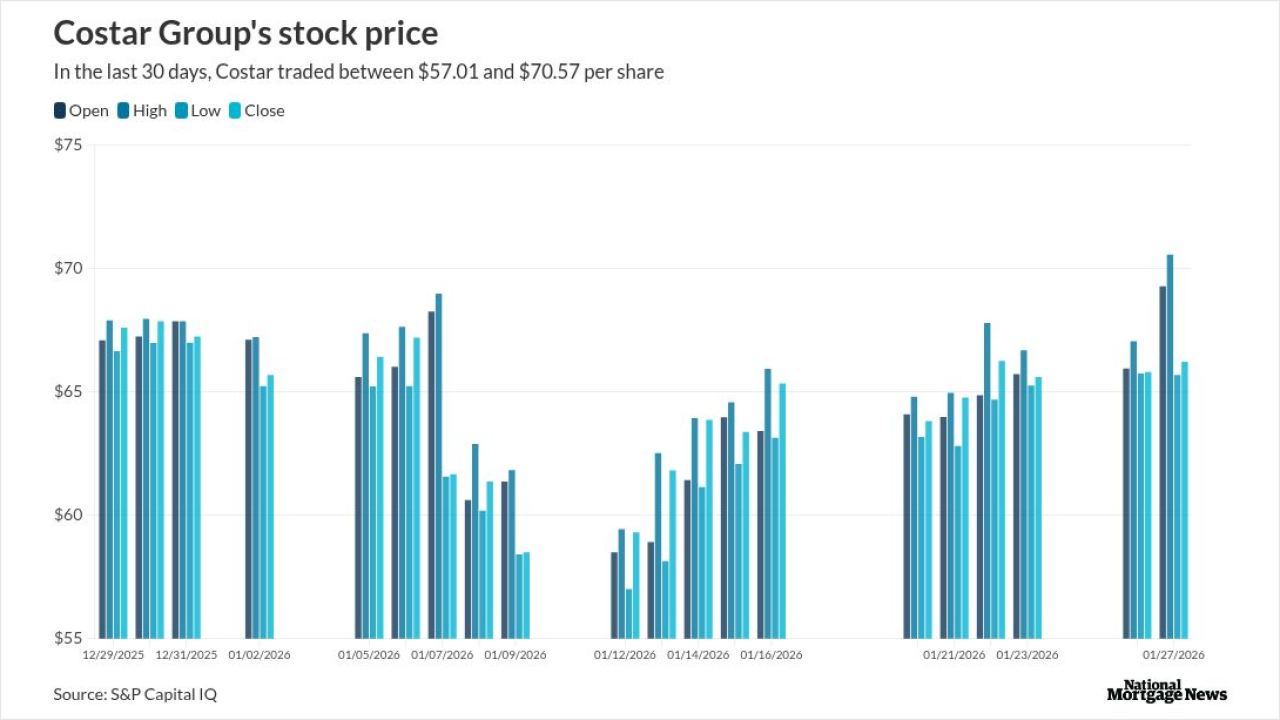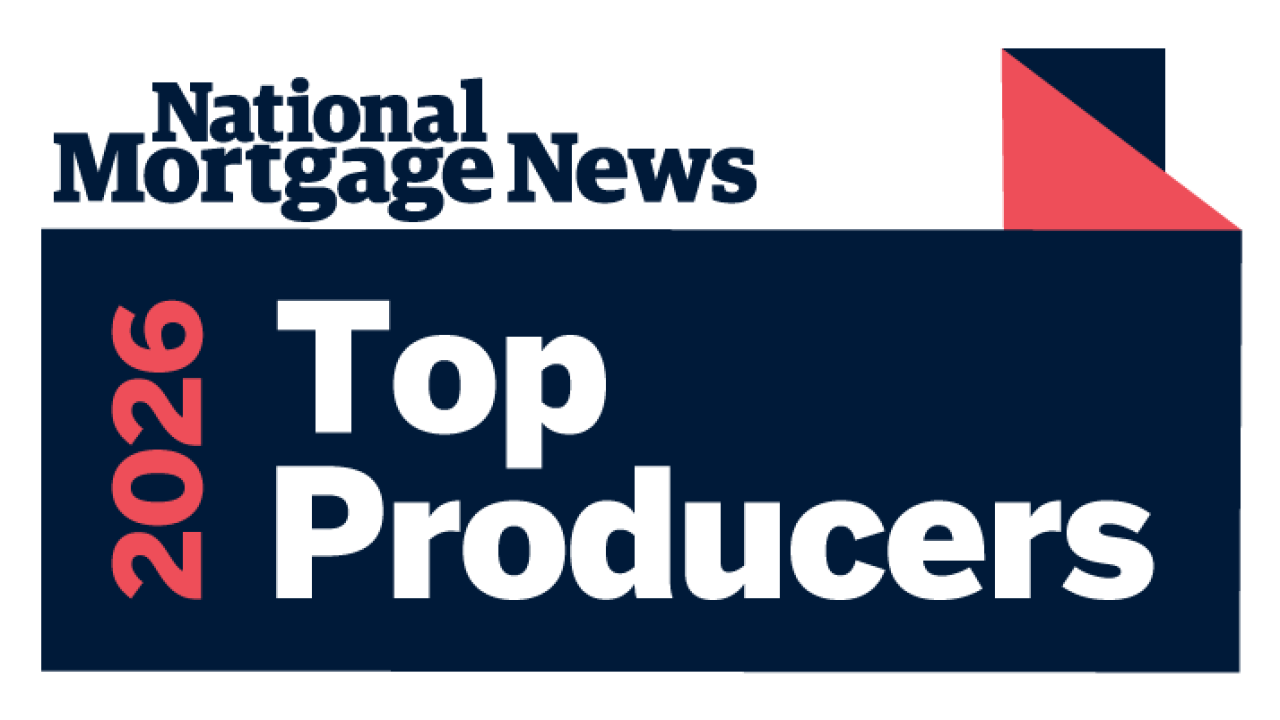In 2023, Fannie Mae, Freddie Mac and the Federal Home Loan Banks will buy home loans as pricey as $726,200 in most areas and over a million dollars in high-cost locations, the Federal Housing Finance Agency announced.
The baseline conforming loan limit's increase of 12% from this past year reflects the year-over-year change in home prices, not the more recent month-to-month
In the high cost locations, where the median value is 115% of the baseline conforming amount for one-unit properties — the 2023 limit of $1,089,300 is 150% of the baseline $726,200. By law, all properties in Alaska, Hawaii, Guam and U.S. Virgin Islands fall under the higher limit.

A $1 million conforming loan limit for high-cost areas strikes many in the mortgage business "as quite high — so it would be reasonable for FHFA to look at policies surrounding high cost loans and whether the GSEs are doing too much in this million dollar range," a statement from the Community Home Lenders of America said.
Calculations of the conforming limits are specified in a formula under the Housing and Economic Recovery Act. This year, the nominal, seasonally adjusted, expanded-data FHFA HPI, house prices increased 12.21% at the end of the third quarter, compared with one year prior.
Currently, Fannie Mae and Freddie Mac will purchase one unit single-family mortgages
This year's limit was $98,950 higher than for 2021. In 2023, the new limit on two-unit properties for most of the country is $929,850; for three-units, it is $1,123,900; and four-unit homes, the limit is $1,396,800.
Earlier in the day, the FHFA released its third quarter home price index, which increased 12.4% from the prior year. For September, this index rose a seasonally adjusted 0.1% from August.
While the quarterly HPI factors in seasonally adjusted, purchase-only data from Fannie Mae and Freddie Mac, the loan limits are calculated using a wider data set.
"The rate of U.S. house price growth has substantially decelerated," William Doerner, supervisory economist in the FHFA's Division of Research and Statistics, said in the home price index release. "This deceleration is widespread with about one-third of all states and metropolitan statistical areas registering annual growth below 10%."
This was also shown in the S&P CoreLogic Case-Shiller index, covering 20 cities,
Conforming limits won't decline in the future, even if prices do drop.
"In that scenario, the conforming loan limit would remain the same as the prior year until the price declines have reversed by enough to match the current level of the index (that was the case between 2006 and 2017)," said KBW's Bose George. "So to the extent home prices decline in any meaningful way, we could see growth in the conforming market, all else equal."
As they did last year, several nonbank mortgage lenders, led by
Rocket plans on raising its limit to the new number within 24 hours, the company said. Homepoint confirmed it will begin lending at the FHFA 2023 loan limits starting Wednesday morning,
Any loans originated at this higher amount cannot be sold to Fannie or Freddie until the start of 2023.




